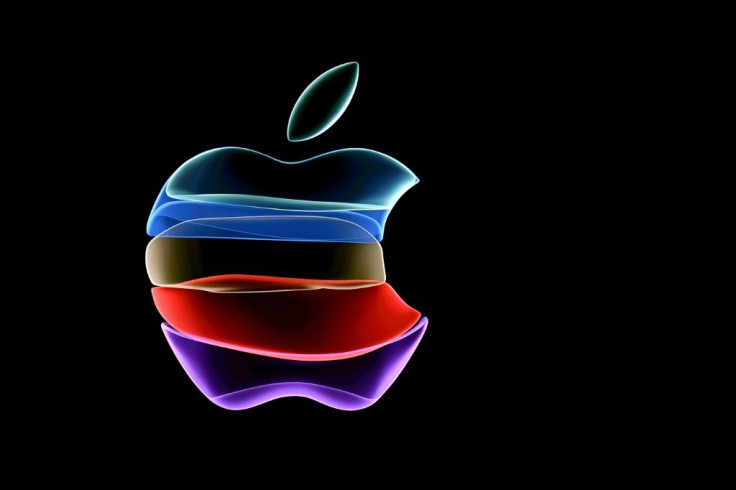Apple Stock Hits Record-High; Could See 20% Jump This Year, Financial Firm Predicts

Three weeks after hitting the trillion dollar market cap mark for the fourth time, Apple Inc. saw its shares hit its latest all-time high Monday.
The company's shares ended trading up 1.73 percent to reach $240.51, the highest in history. Apple's market cap stood at $1.09 trillion to start the week.
There's also another prediction Apple's shares might jump another 20 percent this year on strong iPhone 11 sales. The vote of confidence in Apple by independent investment bank and financial services company Raymond James Financial was a factor in the spike in Apple's stock Monday.
Raymond James boosted its price target on Apple's shares to $280 from $250, and Apple’s stock price responded by closing at a $240.51 while outpacing the rest of Wall Street.
Climbing to the heights predicted by Raymond James, however, means Apple shares will have to jump another $40, or 14 percent to hit the $280 target. It's tough but doable given Apple's trading history over the past two decades, said analysts.
Apple’s shares have jumped more than 40 percent over the first three quarters of 2019. Since 2000, its stock has seen similar gains on six other occasions heading into the fourth quarter. The rally in Apple’s shares often continued until the end of the year, according to data from Kensho Technologies Inc., a scalable machine learning and analytics systems firm.
Apple shares also rose an average of 18 percent across these historical trading periods. Its stock traded positively 83 percent of the time.
It should also be noted the tech-heavy NASDAQ Composite was also consistently higher during these periods. In the past, the NASDAQ added 5 percent through the end of December while trading positively 67 percent of the time.
Like JP Morgan which predicted its own 20 percent jump in Apple stock last Sept. 30, Raymond James based its optimism on comments made by Apple CEO Tim Cook. JP Morgan and Raymond James both cited Cook's remarks that initial sales of the new iPhone 11 models were off to a “very strong start" as one of the sources of their optimism, among others.
The iPhone 11, iPhone 11 Pro and iPhone 11 Pro Max got to retail shelves Sept. 20. The phones feature three upgraded cameras, batteries and processors. They aren't 5G-enabled, however, and Apple's first 5G phone is scheduled for release in late 2020.

On Sept. 30, JPMorgan analyst Samik Chatterjee boosted his price target for Apple to $265 from $243. Chatterjee also forecast a rise in 2019 and 2020 iPhone shipments in a note to clients.
“We are modestly raising our iPhone volume forecasts and expect investor sentiment on Apple shares to improve materially given the firm’s ability to drive upward revision to volume expectations despite the 2019 product cycle largely considered to be a muted one,” said Chatterjee in a note that maintained an Overweight rating for Apple.
He estimates Apple will sell 198 million iPhones in 2020 and 200 million in 2021. JPMorgan also increased its iPhone sales forecasts for the third quarter by an additional one million units and three million more for the fourth quarter.
“We expect solid consumer interest in 5G phones at the premium end of the North American market, and Apple is well-positioned to drive an outsized share with its 2020 product cycle,” said Chatterjee.
© Copyright IBTimes 2025. All rights reserved.





















